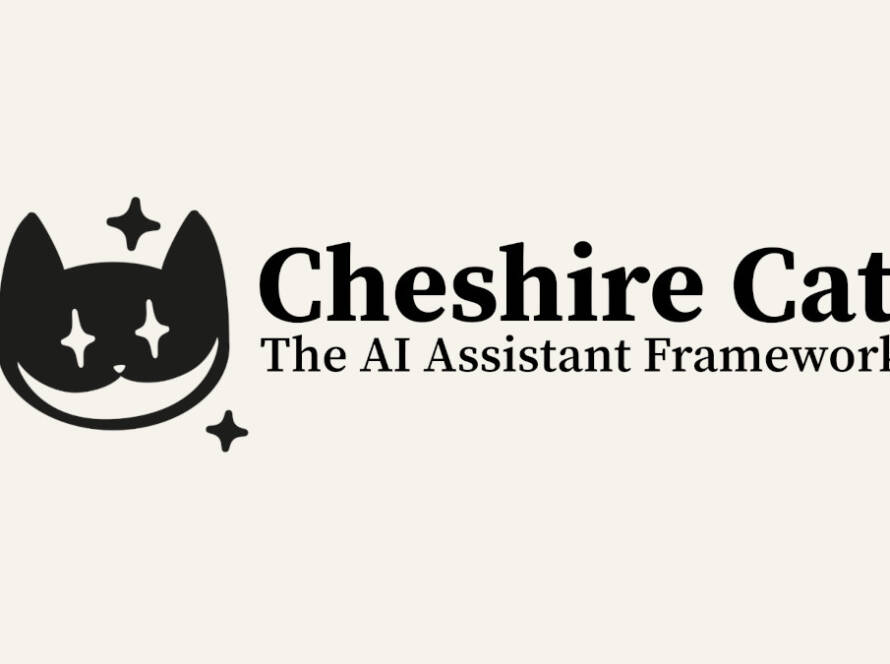IBM Unveils Qiskit SDK v1.2: A Leap Forward in Quantum Computing
IBM has launched an upgraded version of its Qiskit Software Development Kit (SDK), addressing the pressing need for enhanced performance and functionality in quantum computing applications. As the field of quantum computing continues to advance, efficient tools capable of managing intricate quantum tasks are becoming essential. The newly released Qiskit SDK v1.2 is designed to improve the efficiency of constructing, synthesizing, and transpiling quantum circuits, enabling researchers and developers to execute large-scale quantum workloads with greater ease and speed.
Enhancements Over Previous Versions
The previous iterations of Qiskit SDK already offered a comprehensive suite for building and manipulating quantum circuits; however, there was significant potential for enhancement in terms of speed and operational efficiency. Earlier versions predominantly utilized Python for circuit construction, which posed limitations due to Python’s comparatively slower execution speeds when juxtaposed with lower-level programming languages like Rust. Acknowledging these constraints, IBM’s development team has transitioned key components of the circuit infrastructure from Python to Rust in this latest release.
The “Oxidization” Process: Key Improvements
A standout feature in this update is what IBM refers to as the “oxidization” process applied to Qiskit’s circuit infrastructure. This transition means that fundamental functionalities—such as gates, operations, and synthesis libraries—are now implemented using Rust. This change significantly accelerates both circuit construction and manipulation processes. By moving away from Python’s limitations towards Rust’s capabilities, future optimizations can be more readily integrated into Qiskit’s architecture without encountering performance bottlenecks typical with Python-based implementations.
The restructured gate library written in Rust has achieved an impressive nearly 2.8 times increase in speed when constructing extensive circuits featuring deep entanglement layers. Furthermore, Rust’s superior memory management techniques have led to a marked reduction in runtime associated with copying large circuits—further enhancing overall performance.
Synthesis & Transpilation Breakthroughs
The integration of Rust into circuit synthesis and transpilation processes has yielded extraordinary improvements in processing speeds. For instance, synthesizing two-qubit unitary operations is now nearly 100 times faster than prior versions; similarly, Clifford circuit synthesis boasts an astonishing near 500-fold enhancement in runtime efficiency compared to earlier releases.
Additionally, Qiskit SDK v1.2 introduces a new unitary peephole optimization alongside upgrades to the Sabre algorithm that enhance both runtime efficiency and quality during transpilation processes—facilitating better qubit layout strategies that result in shallower yet quicker circuits.
Conclusion: A Robust Tool for Quantum Workloads
The release of Qiskit SDK v1.2 marks a significant advancement toward optimizing software solutions within the realm of quantum computing by harnessing the power inherent within Rust programming language capabilities.
This update not only accelerates various aspects such as circuit construction but also enhances synthesis quality while improving transpilation outcomes—all contributing towards establishing Qiskit as a premier platform adept at managing complex quantum workloads efficiently.
“`






